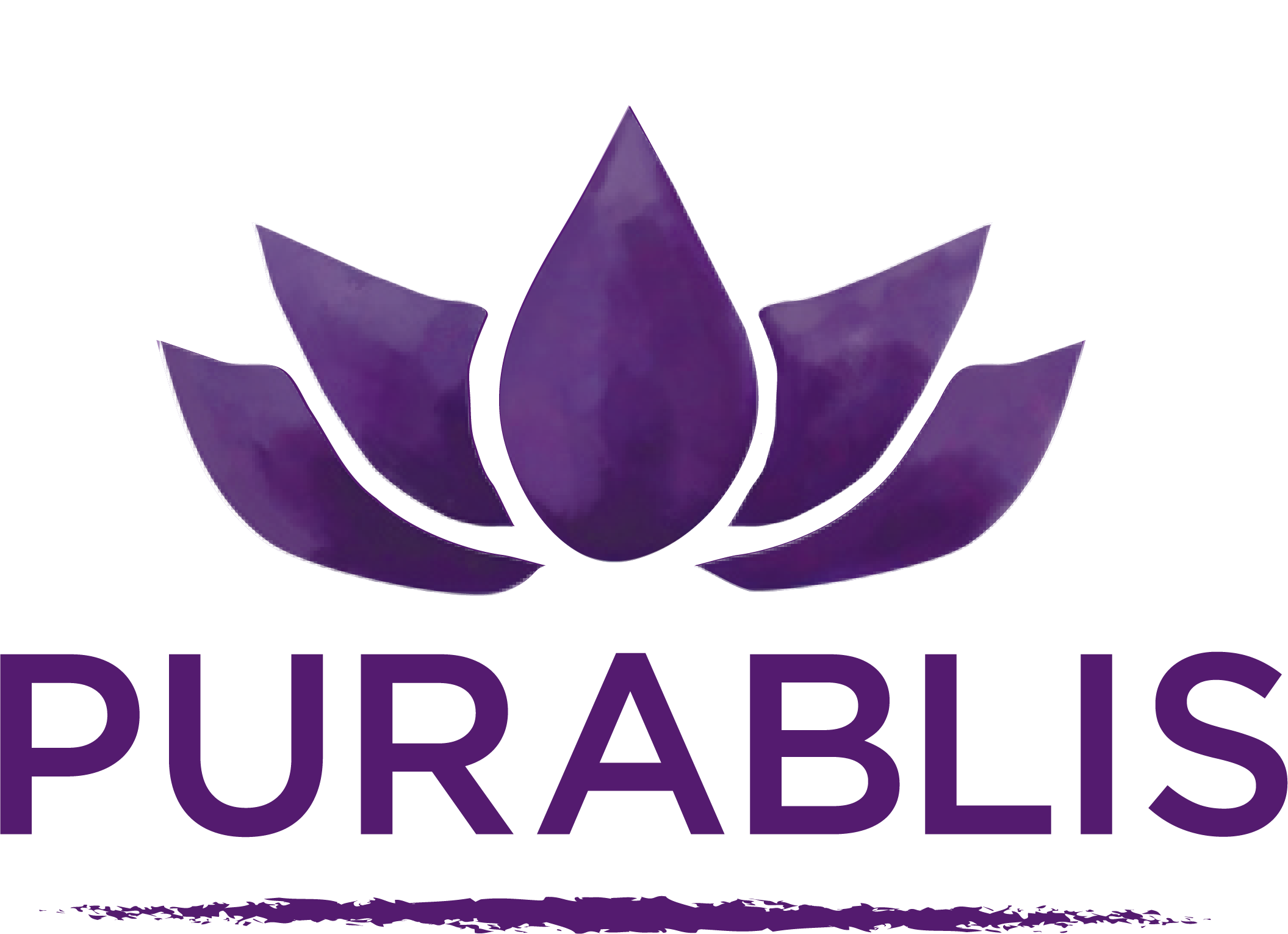Are you at least 21 years old?
You must be at least 21 to see this content, you will be redirected to google

A
• amyotrophic-lateral-sclerosis-als-lou-gehrigs (2)
• attention-deficit-hyperactivity-disorder-adhd (5)
B
C
D
• d9-tetrahydrocannabinol-thc (4)
• d9-tetrahydrocannabinolic-acid-thca (1)
E
• endocannabinoid-system-ecs (45)
F
G
• gastrointestinal-disease (6)
H
I
K
L
M
N
• national-institute-on-drug-abuse-nida (1)
• neuro-protective-and-neuro-generative (7)
P
S
T
• traumatic-brain-injury-tbi (1)
• View All (505)Adolescent Exposure to Chronic Delta-9-Tetrahydrocannabinol Blocks Opiate Dependence in Maternally Deprived Rats (2009)
THC acts as a homeostatic modifier that worsens the reward effects of morphine in naive animal models, but which would improve deficits in maternal models. This suggests the use of cannabis individuals subjected to an adverse postnatal environment. View study
Assessment of cannabis use disorders: a systematic review of screening and diagnostic instruments (2014)
Effectiveness of the instruments for the detection and evaluation of cannabis use disorders. View study
Cannabidiol as an Intervention for Addictive Behaviors: A Systematic Review of the Evidence (2015)
Some preclinical studies say that cannabidiol (CBD) can have therapeutic properties on opiates, cocaine and psychostimulant addiction. They also suggest that CBD may be beneficial for the consumption of cannabis and tobacco in humans. However, more studies are needed to fully verify the potential of the CBD. View study
Cannabidiol, a Nonpsychotropic Component of Cannabis, Inhibits Cue-Induced Heroin Seeking and Normalizes Discrete Mesolimbic Neuronal Disturbances (2009)
Using an animal model, this study examines the effects of CBD on the self-administration of heroin and concludes that it can be used effectively in patients with heroin addiction. View study
Cannabis as a substitute for alcohol and other drugs (2009)
This study was conducted based on data collected in an anonymous survey to examine the use of alcohol and drugs, and the occurrence of substitution among medicinal cannabis patients. It was found that the reasons for the substitution were: fewer adverse side effects (65%), better management of symptoms (57%) and less potential for abstinence (34%) with cannabis. As a result of this study it was found that medicinal cannabis patients have been participating in the substitution using cannabis as an alternative to alcohol, prescriptions and illicit drugs. View study
Interactions between delta9-tetrahydrocannabinol and heroin: self-administration in rhesus monkeys (2012)
THC does not significantly improve the positive reinforcing effects of heroin, further supporting the view that the combination of cannabinoids and opioid receptor agonists does not increase, and may reduce the abuse of individual drugs. View study
Involvement of the endocannabinoid system in drug addiction (2006)
Due to their properties, CB1 cannabinoid antagonists could contribute to the treatment of drug addiction, allowing the development of pharmacological compounds that can be used safely. View study
Medical Cannabis Laws and Opioid Analgesic Overdose Mortality in the United States, 1999-2010 (2014)
Based on the results of this study, it was determined that the medical laws on cannabis are associated with significantly lower death rates from opioid overdoses at the state level. Deeper studies are required to determine how medical cannabis laws can interact with policies aimed at preventing overdoses of opioid analgesics. View study
Medications for the treatment of cannabis dependence (2014)
Effectiveness and safety of pharmacotherapies in the treatment of cannabis use disorders and the reduction of withdrawal symptoms. View study
Psychosocial interventions for cannabis use disorder (2016)
Psychosocial intervention, compared to minimal treatment controls, reduces the frequency of use and severity of cannabis dependence and eliminates it, at least in the short term. View study